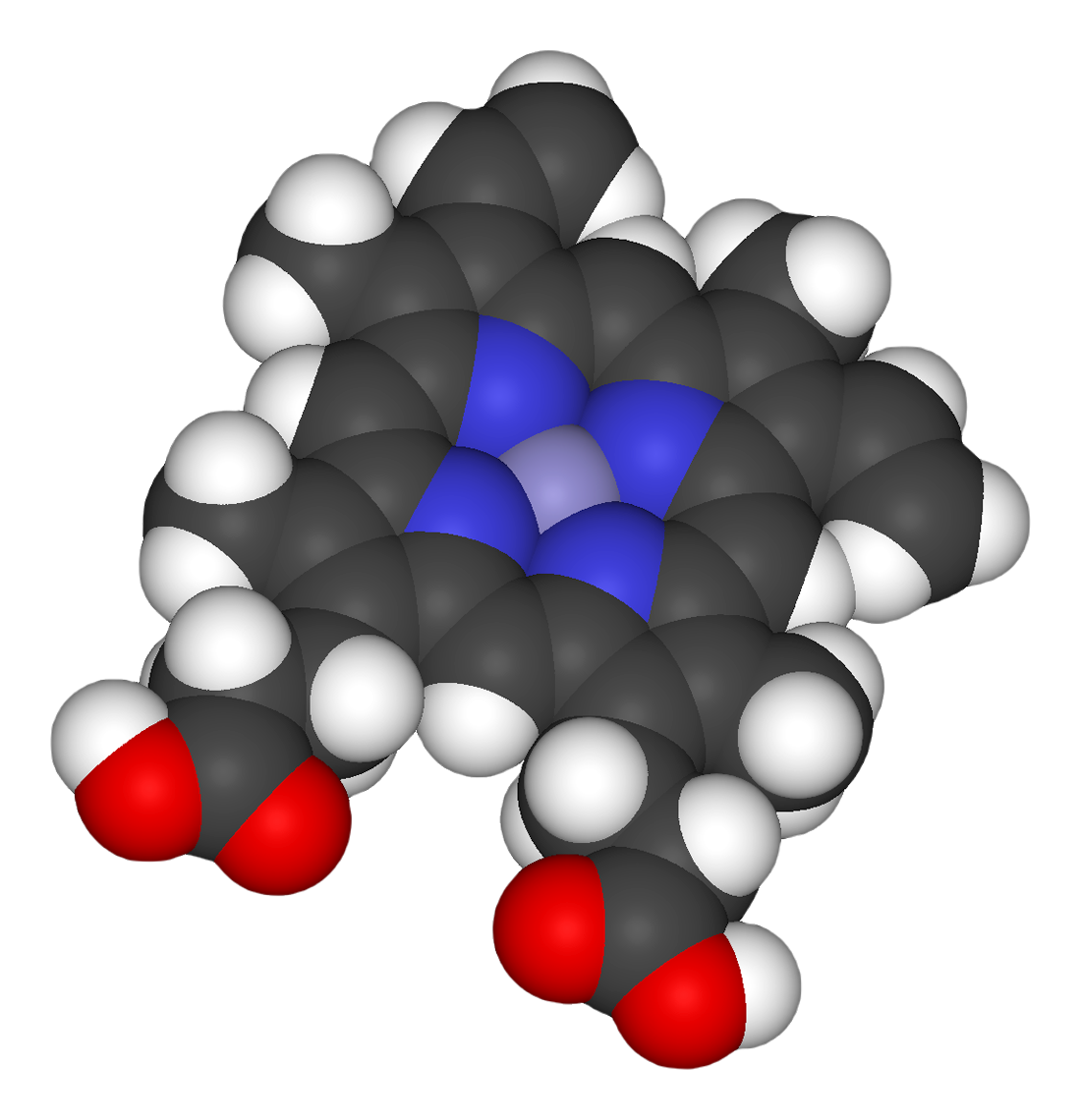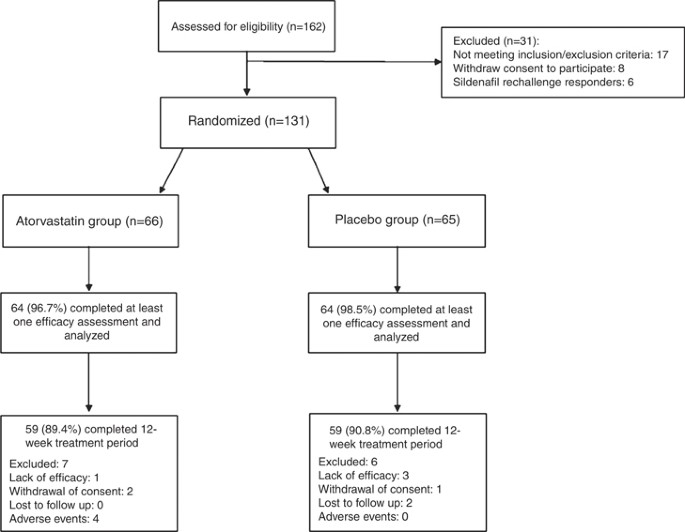Reckless Turtle
Fire
- Joined
- Jul 29, 2021
- Posts
- 18,017
- Reputation
- 25,134
It's over for spermcel animal product eaters.

 pubmed.ncbi.nlm.nih.gov
pubmed.ncbi.nlm.nih.gov
Results of this study stated that greater adherence to the healthful plant-based diet index (hPDI), can significantly increase sperm density and motility in men, as well as greater adherence to the PDI dietary pattern is related to a lower risk of sperm volume deficiency, and ultimately more adherence to the unhealthful plant-based diet index (uPDI), can reduce the risk of sperm motility.

The Relationship between Plant-Based Diet Index and Semen Parameters of Men with Infertility: A Cross-Sectional Study - PubMed
In this study, for the first time, the relationship between PDI, hPDI, uPDI and male infertility was evaluated. Altogether, this study demonstrated that nutrition has an impact on semen quality and fertility of men.









